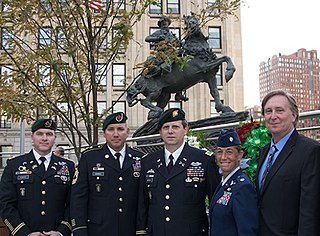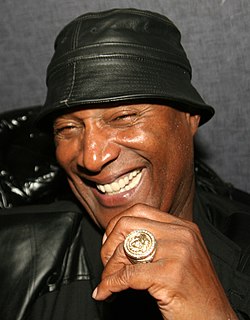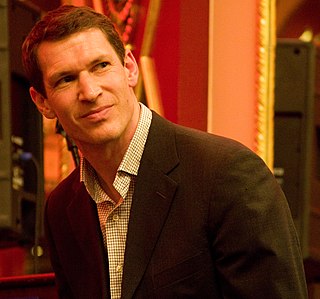A Quote by Doug Stanton
The action of 'Horse Soldiers' is back-dropped by the story of how America went to war with little time to prepare - but with a lot of moxie.
Related Quotes
Literature is an aspect of story and story is all that exists to make sense of reality. War is a story. Now you begin to see how powerful story is because it informs our worldview and our every action, our every justification is a story. So how can story not be truly transformative? I've seen it happen in real ways, not in sentimental ways or in the jargon of New Age liberal ideology.
To have security against atomic bombs and against the other biological weapons, we have to prevent war, for if we cannot prevent war every nation will use every means that is at their disposal; and in spite of all promises they make, they will do it. At the same time, so long as war is not prevented, all the governments of the nations have to prepare for war, and if you have to prepare for war, then you are in a state where you cannot abolish war.
War is big business. It's a lot of money going to and fro, and unfortunately a lot of angst, and a lot of fear, and a lot of doubt. And eventually a lot of wonderful people, like soldiers, like men and women that are out there trying to do the best they can, they come back being wounded on many levels.
What it targets is not something that's really looked at a lot in terms of the war. This is stuff that's off the beaten path in terms of what we think of every time you start a Civil War history or a Civil War presentation. It's usually about the military and the soldiers and all that stuff. And this is not. It's the backdrop to a place and a time and circumstances that didn't have anything to do with that.
With soldiers, their wives are so fundamental in their relationships, and yet there's this kind of other war happening back in the States, where wives of soldiers don't quite understand what their husbands have been through, because their husbands won't really talk about it, and that's really the hidden war.
I realized how little I knew about my own country. I had grown up in the suburbs and, after college, I moved out of the country, so I didn't really know the place well. When I started following soldiers and their families back home, it provoked a lot of the questions about who we are as a nation, questions I realized couldn't be explored through the more limited framework of looking at the military at war and at home.
You have formal rehearsal, a lot of things you don't have in movies - which is, you have to formally rehearse. You have to know your back story, discuss it, and almost everybody onstage has to know each other's [story], so that when it comes time to actually do it, you can throw it all away. That's the way I like to - and I didn't realize until very recently - that's the way I like to prepare for movies.
There is a story in Zen circles about a man and a horse. The horse is galloping quickly, and it appears that the man on the horse is going somewhere important. Another man standing alongside the road, shouts, «Where are you going?» and the first man replies, «I don't know! Ask the horse!» This is also our story. We are riding a horse, and we don't know where we are going and we can't stop. The horse is our habit energy pulling us along, and we are powerless.
































